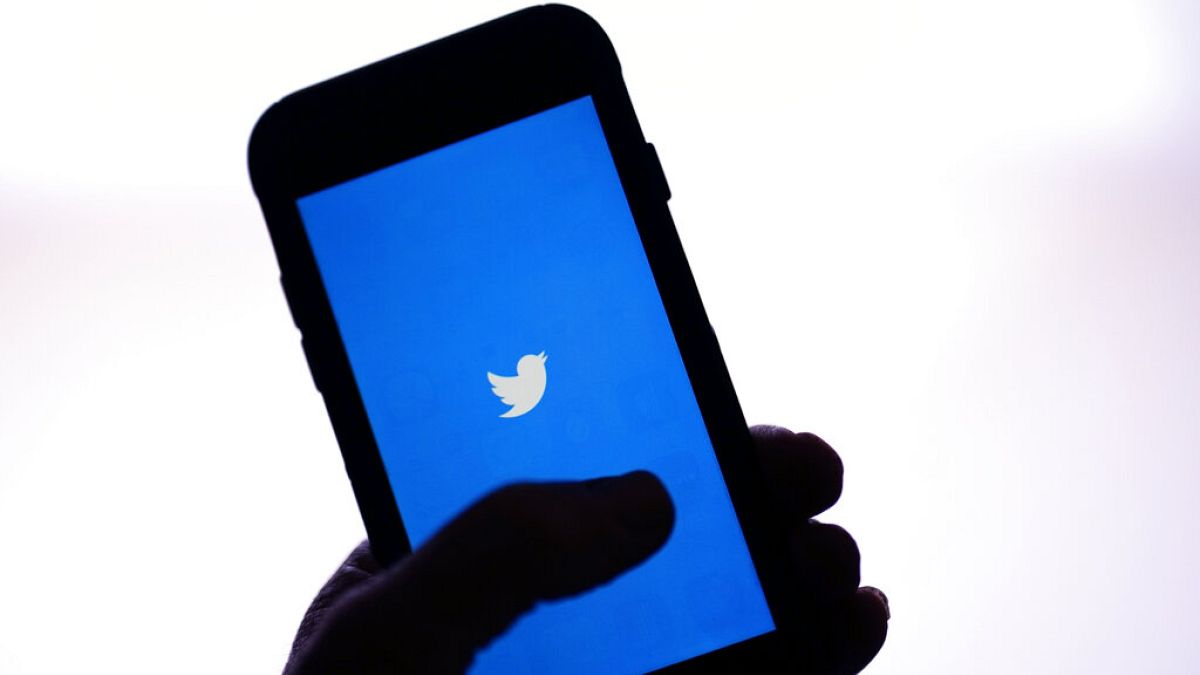Automated Twitter replies have become a strategic tool for brands looking to enhance engagement with their audience. As social media platforms continue to evolve, businesses are increasingly leveraging automation to improve their communication efficiency and responsiveness. One of the primary reasons automated replies drive brand engagement is their ability to ensure timely responses to customer inquiries. In a fast-paced digital environment, users expect immediate interaction, and delays can lead to frustration and disengagement. By employing automated replies, brands can address common questions, acknowledge mentions, or provide information about products and services without the need for constant human oversight. This capability not only meets the expectation for instantaneity but also demonstrates that a brand values its customers’ time and input. Moreover, automated replies can be tailored to reflect a brand’s voice and personality, reinforcing brand identity while maintaining a conversational tone. This consistent communication style helps establish familiarity and trust, which are crucial elements in building long-term customer relationships.

By providing a seamless interaction experience, brands can enhance user satisfaction and encourage further engagement. For instance, when a brand responds to a tweet with an automated message that is friendly and informative, it invites the user to continue the conversation or explore more about the brand, thereby increasing the likelihood of user interaction. In addition, automated X AI Comments can be programmed to provide personalized responses based on user behavior and preferences. By utilizing data analytics and customer insights, brands can create automated replies that resonate more deeply with their audience. Personalization in automated replies can range from addressing users by their names to recommending products based on previous interactions. This level of customization not only makes the user feel valued but also significantly enhances the effectiveness of the communication, as it aligns more closely with individual interests and needs. As a result, users are more likely to engage with the brand, whether through retweets, likes, or further inquiries.
Furthermore, automated replies can be utilized for promotional purposes, such as announcing new products, sales, or special events. By integrating calls to action within these automated responses, brands can drive traffic to their websites or encourage users to participate in promotional campaigns. This strategic use of automation not only serves to inform but also compels users to take specific actions that can lead to increased sales and brand loyalty. Lastly, the data generated from automated replies can provide valuable insights into customer preferences and behavior. Brands can analyze the engagement metrics associated with different automated responses to refine their strategies and improve future interactions. This continuous feedback loop allows brands to adapt their messaging and offerings to better meet the evolving needs of their audience. In summary, automated Twitter replies are not just a tool for efficiency; they play a vital role in fostering engagement, personalization, and strategic communication, ultimately leading to stronger brand loyalty and increased customer satisfaction.
